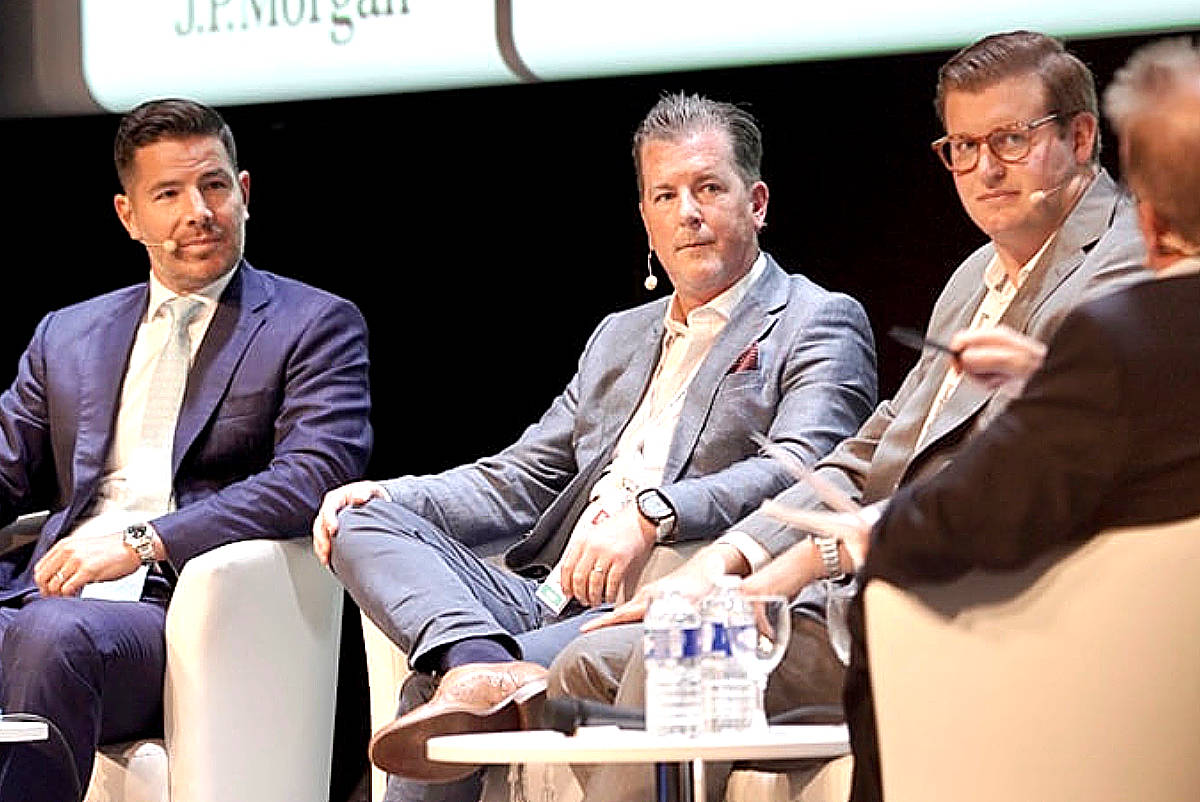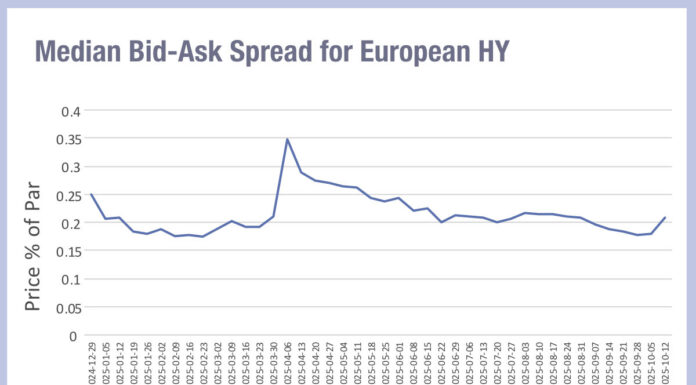
Market making has not fully matched buy-side demand in 2022, with trading desks voicing ongoing concern about bidless markets in some areas of fixed income that traditionally would have seen dedicated from dealers.
However, at the Fixed Income Leaders Summit (FILS) in Nice, dealers are striving to support clients through many electronic routes, including the development of rivals to existing bond trading platforms, such as Project Amber, which is backed by a dealer consortium.
“On [Project] Amber, competition is welcome,” says Mauricio Sada-Paz, EMEA head of eFICC Sales & global head of eFX Sales, BAML. “There is an oligopoly [in fixed income] unlike FX or equities, there is not a lot of competition, so Amber does facilitate that. The risk is that is does too many things, in too many jurisdictions’ in too many products – derivatives and cash. Historically if you look at the consortia that have succeeded, they have been one-trick ponies, trying to do everything at once, but also the bigger the group of bank the harder it is to make decisions.”
Direct streaming of prices from dealers to clients has also found fertile ground with buy-side traders, however, it was observed that innovation can be tied to the liquidity profile and the profit margin for dealers in any given asset, which meant that less liquid bonds might not see the same advantage as more liquid products.
“I think it’s all relative, obviously, liquidity in Gilts right now is much worse than US Treasuries but there is the ability for dealers to toggle the size of how firm they want to be,” countered Will Boeckman, head of E-Sales at Citadel Securities. “Is it a value add to the buy side to be streaming £1 million and up firm Gilts? Potentially. Then it is on the dealer to have the technology and risk taking capabilities to be able to adjust with the swings in volatility. So, I think it’s all relative.”
Increased automation is also being seen within sell-side firms to optimise remove the need for sales traders in sell-side trading platforms as Simon Linwood, executive director at UBS revealed in the latest development on the firm’s UBS Bond Port tool, which he said could make his current role redundant.
“If they put a US$1 million bid on the platform and we receive an inquiry from another firm to sell US$2 million we cannot price that inquiry back,” he says. “So much enquiry flow disappears into the ether and we cannot engage [with] it. We can do it manually at the moment but it’s not efficient. So we are planning to to pass that enquiry to the trader who entered that US$1 million bid, in a service we’re calling ‘Upsize’. So if an inquiry comes up and they are happy to buy US$2 million at their level, the digitalisation process removes the hybrid sales-trader, it removes my role, but it’s efficient, and it’s the best form of liquidity we feel for the buy side.”
©Markets Media Europe 2022
©Markets Media Europe 2025













